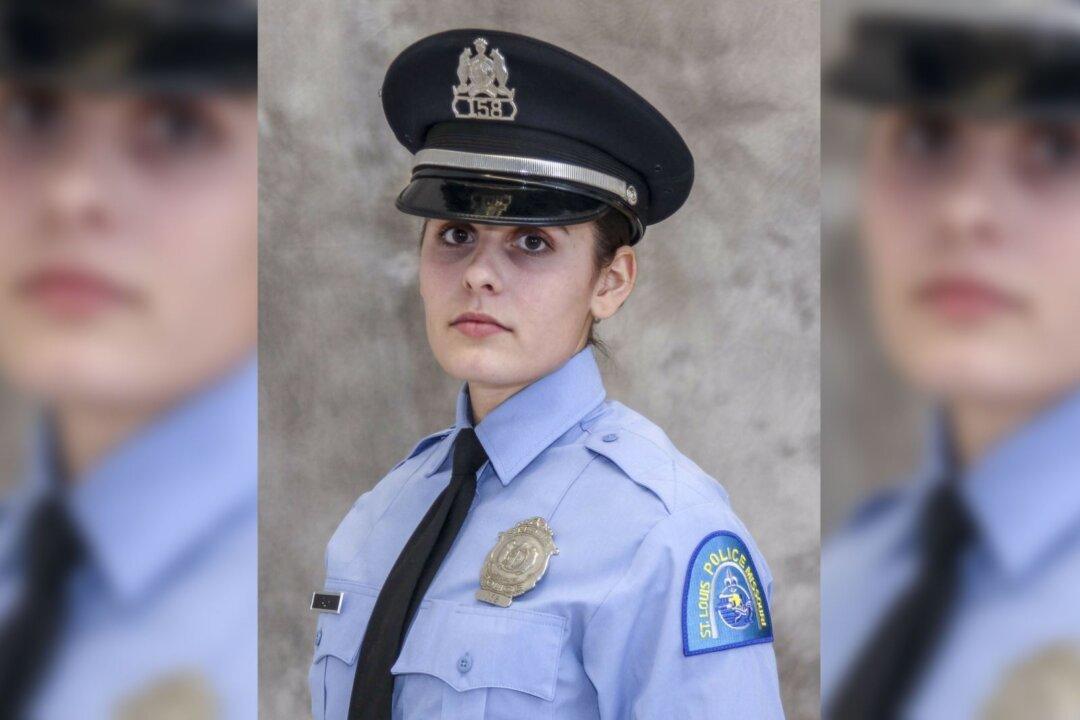A St. Louis police officer “mishandled” a gun and accidentally shot and killed a colleague early Jan. 24, authorities said.
The shooting happened around 1 a.m. local time at an officer’s home, police Chief John Hayden told reporters during a news conference shortly after the shooting. Two on-duty male officers were at one of their apartments when Katlyn Alix, who was off duty, stopped by, according to police.





